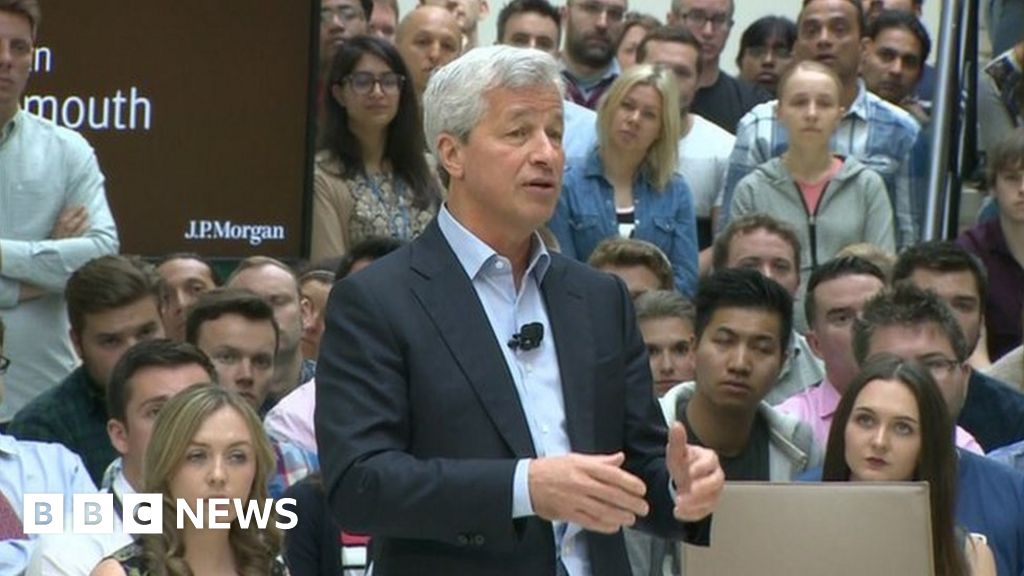Germany sold 30-year debt at a negative yield for the first time, as investors desperate for safe assets bet that further falls in yields will boost the value of the bonds in the future.
Investors buying debt at a negative yield get back less than they paid if they hold on until maturity. In Wednesday’s sale, Germany borrowed €824 million ($914 million) through bonds that pay no interest. The bonds were sold slightly above face value, so when they mature in 2050, Germany will pay back €795 million.
Demand for government debt and high-grade corporate bonds has been huge this year, after major central banks responded to growing fears of a global slowdown with fresh rounds of interest-rate cuts or other looser monetary policy.
The European Central Bank is a big buyer of German government bonds, while other demand for negative-yielding debt comes from asset managers and investors who use such bonds as hedges for other parts of their portfolios or as part of derivatives-based swaps trades.
One way investors could make money is if rates continue to drop. Bond prices rise as yields fall.
“Why are people buying at negative yields? It is mainly in expectation that you’re going to be able to sell to someone at a higher price later on,” said Andrea Iannelli, investment director, fixed income at Fidelity International. “Whatever the yield you have to assume you’re going to make more on the capital gain than lose on the yield.”
The bond sale caught the attention of President Trump, who tweeted Wednesday that it underscores his point that U.S. interest rates should be lower. “So Germany is paying Zero interest and is actually being paid to borrow money, while the U.S., a far stronger and more important credit, is paying interest,” he tweeted.
The German sale adds to the roughly $16 trillion of negative-yielding bonds outstanding world-wide, many of which are from European governments or are state-sponsored agency bonds. Only about 20% of these were actually sold with a negative yield at issue, while the rest have seen yields fall in secondary trading.
Up to €2 billion of Germany’s new 30-year bonds were offered for sale Wednesday, but the auction drew €869 million of bids. The remaining bonds were retained by the Bundesbank and will be sold into the market over time.
Investors who bid were still willing to pay more than face value to buy €824 million worth of the debt, which pushed the overall yield on the bond into negative territory, at minus 0.11%. By late afternoon, the yield had declined to minus 0.153%, according to Tradeweb.
“Even if the auction wasn’t fully subscribed I wouldn’t say it’s a bad result for Germany,” said Alberto Gallo, head of macro strategies at fund manager Algebris.
Germany has been selling shorter-dated debt with negative yields since the ECB pushed its benchmark policy rate negative in 2014. But this is the first time long-dated bonds, often owned by pension funds and insurance companies that have liabilities spread out over decades, have sold with the promise of returning less than investors put in.
Because yields on shorter-maturity German debt are so low—two-year debt yielded minus 0.91% Wednesday—demand for longer-dated bonds or even hoarding physical cash could pick up.
“If [short-dated] yields fall much further into negative territory, investors looking for safe assets will opt for cash in the vault,” said Christian Kopf, head of fixed income at German fund manager Union Investment. “Yields on 30-year bunds may have further to fall as the market prices in a very long period of negative central bank deposit rates.”
When Germany last sold long-term bonds in July, investors bought them at a positive yield of 0.3%. The yield on these bonds, which mature in 2048, was minus 0.182% by Wednesday afternoon.
Another factor driving investors into negative-yielding bonds: asset managers who are more interested in relative performance, said Piers Ronan, a debt-capital markets banker at Credit Suisse. “If they hold funds in cash instead it might cost them more,” he said, since banks in Europe charge large depositors to hold money in savings.
Since the start of 2016, more than $3 trillion of bonds has been sold with a negative yield at issue, according to data from Barclays . While these were mostly government and agency debt, they also included more than $11 billion of corporate bonds, from companies such as French drugmaker Sanofi SA and German consumer goods group Henkel AG & Co.

U.S.-based Philip Morris International Inc. sold €500 million of seven-year bonds at a yield of minus 0.18% at the end of July, according to Barclays data.
The proliferation of negative-yield debt around the world has helped pull down U.S. Treasury yields, which look substantial by comparison even as they sit near historic lows.
The yield on the benchmark 10-year U.S. Treasury note settled Wednesday at 1.577%, compared with 1.557% Tuesday. The yield on the 30-year bond closed at 2.051%, having rebounded modestly after dropping to a record low last week.
Corrections & Amplifications
Investors bought €824 million of debt, meaning the German government will pay back €795 million in 30 years’ time. An earlier version of this article incorrectly stated that investors bought €869 million of debt, meaning the government will repay €839 million. (Aug. 21, 2019)
Write to Paul J. Davies at paul.davies@wsj.com and Patricia Kowsmann at patricia.kowsmann@wsj.com
Copyright ©2019 Dow Jones & Company, Inc. All Rights Reserved. 87990cbe856818d5eddac44c7b1cdeb8
https://www.wsj.com/articles/germany-for-first-time-sells-30-year-bonds-offering-negative-yields-11566385847
2019-08-21 19:41:00Z
CAIiEJNGMQjvFEgU-ihQYXTwDOEqGAgEKg8IACoHCAow1tzJATDnyxUwiqe0AQ




